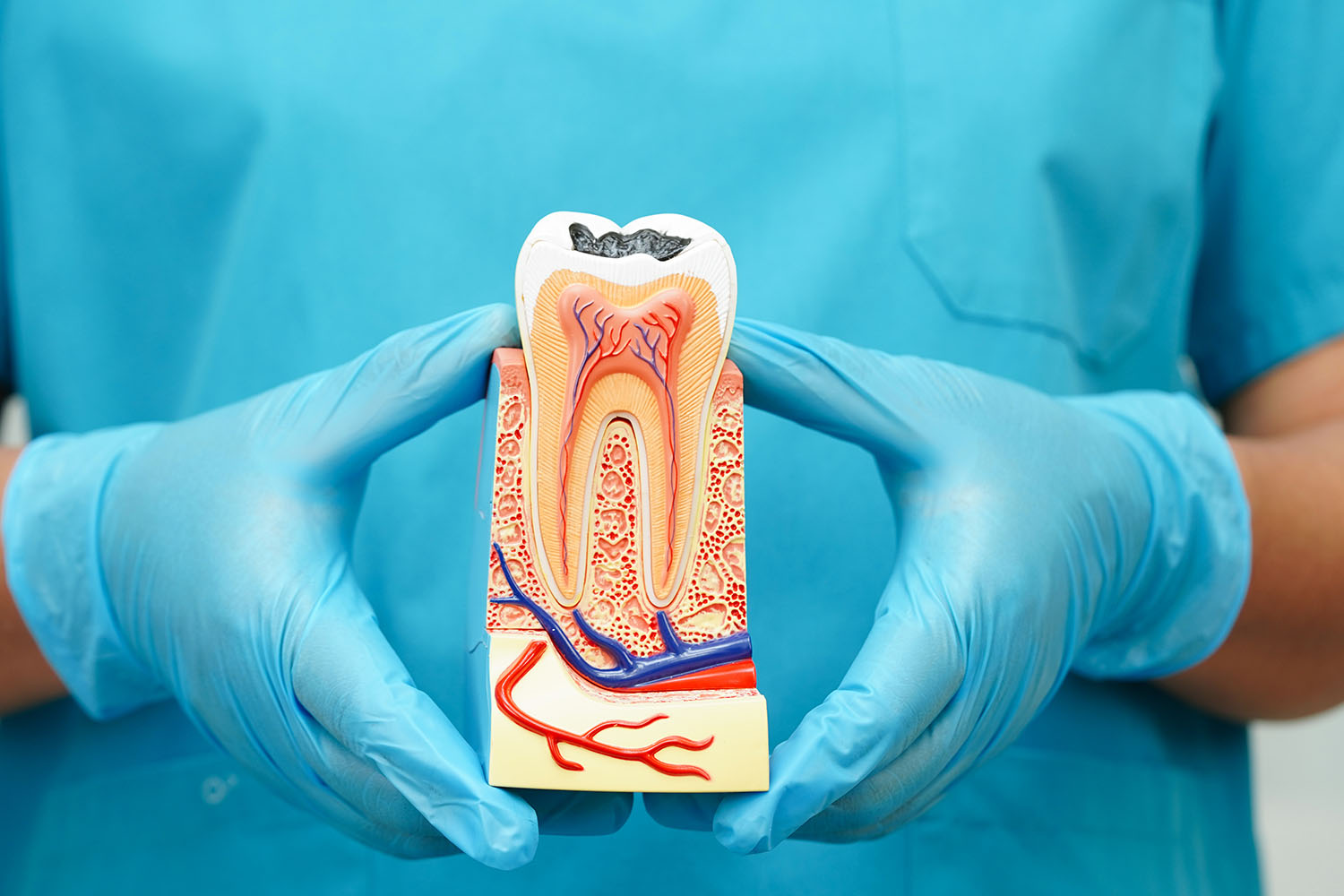
It can save a tooth, usually damaged or infected, using a typical dental procedure referred to as a root canal. Though the procedure works excellently, care during recovery is mandatory for successful healing and excellent continued oral health.
The process of healing from root canal treatment can help in relieving discomfort and avoiding complications. Currently, if you do root canal therapy in Grande Prairie, a proper recovery technique is going to make everything easier and more comfortable.
It creates what you need to expect after undergoing root canal treatment and brief guidelines on the recovery process after a root canal.
What to expect after a root canal
It is anticipated that after a root canal procedure, one would feel some mild discomfort as the tissues of the tooth and surrounding ones heal. Here’s what one can expect:
- Discomfort or Sensitivity: Some discomfort is to be expected following the procedure, especially when biting and chewing.
- Swelling or Tenderness: The area may feel slightly swollen for a couple of days after treatment or tender. Numbness of the Mouth: Because of anesthesia, a numb mouth will stay numb for several hours post-procedure.
- Temporary Filling Pen: The temporary filling might be placed and then will need further care until the time the permanent crown has been fitted.
Most of these symptoms will gradually subside after a few days. Increased pain, swelling, or prolonged discomfort will require a trip to your dentist in Grande Prairie.
Essential Tips for Root Canal Recovery
Following these key root canal recovery tips will promote a good recovery:
1. Take Your Medications as Prescribed
Pain relief medications or antibiotics might have been prescribed by your dentist. Follow the directions closely to help relieve pain and prevent infection.
2. Do Not Eat Hard or Sticky Foods
Hard foods can put undue pressure on the treated tooth or damage the temporary filling. Instead, try to stick to softer foods such as mashed potatoes, yogurt, and soups.
3. Maintain Good Oral Hygiene
Brushing and flossing are still essential for keeping your mouth clean; just be careful not to irritate the treated area.
4. Use Cold Compression
Apply an ice pack to the outside of your cheek to reduce swelling and numb any discomfort for the first 24 hours.
5. Rest and Avoid Strenuous Activity
Healing means not going heavy on exercise or demanding physical activities for the next few days.
6. See Your Dentist Again
A follow-up appointment is really important to examine proper healing and, if needed, place a permanent restoration.
7. Avoid Smoking and Alcohol
Both tobacco and alcohol will impede your healing and raise the risk of complications.
8. Chew on the Opposite Side
Keep away from chewing on the treated side until that tooth is fully restored with a crown to avoid damage.
9. Drink Plenty of Water and Eat Proper Foods
Drinking a lot of water and eating vitamin-rich foods will aid quick healing and good health.
Stages of the Root Canal Healing Process
| Stage | What Happens? | Timeline |
| Initial Healing | Mild pain, sensitivity, and swelling. | 1-3 days |
| Tissue Recovery | Gum and tissue begin to heal. | 1-2 weeks |
| Final Restoration | Placement of a permanent crown. | 2-4 weeks |
| Full Recovery | No pain, normal function restored. | 1-2 months |
Signs of Complications
While most root canals heal smoothly, watch out for the following warning signs:
- Severe pain that doesn’t improve with medication
- Persistent swelling or pus near the treated tooth
- Fever or chills, which may indicate infection
- A broken filling or restoration
- Sensitivity that lasts beyond a few weeks
If you notice any of these symptoms, contact your dentist in Grande Prairie immediately for further evaluation and treatment.
Long-Term Care for Your Treated Tooth
After your root canal heals, maintaining good oral health is essential to prevent future issues. Here’s how:
- Get a Permanent Crown: A permanent crown strengthens the treated tooth and prevents further damage.
- Attend Regular Dental Checkups: Routine visits to your dentist ensure early detection of potential issues.
- Practice Daily Oral Hygiene: Brushing twice a day and flossing will keep your teeth and gums healthy.
- Use a Mouthguard if Needed: If you grind your teeth at night, a mouthguard can protect your dental work.
Wrapping Up!
Recovering from a root canal doesn’t have to be difficult if you follow the right care steps. By understanding the root canal healing process and implementing the root canal recovery tips outlined in this guide, you can ensure a smooth recovery and long-lasting results.
Healthy teeth, happy smile, care starts today!
If you are searching for an expert care and a root canal dentist in Grande Prairie, Dental Care Centre provides professional treatments tailored to your needs. Schedule an appointment today and take the first step toward a healthier smile.
